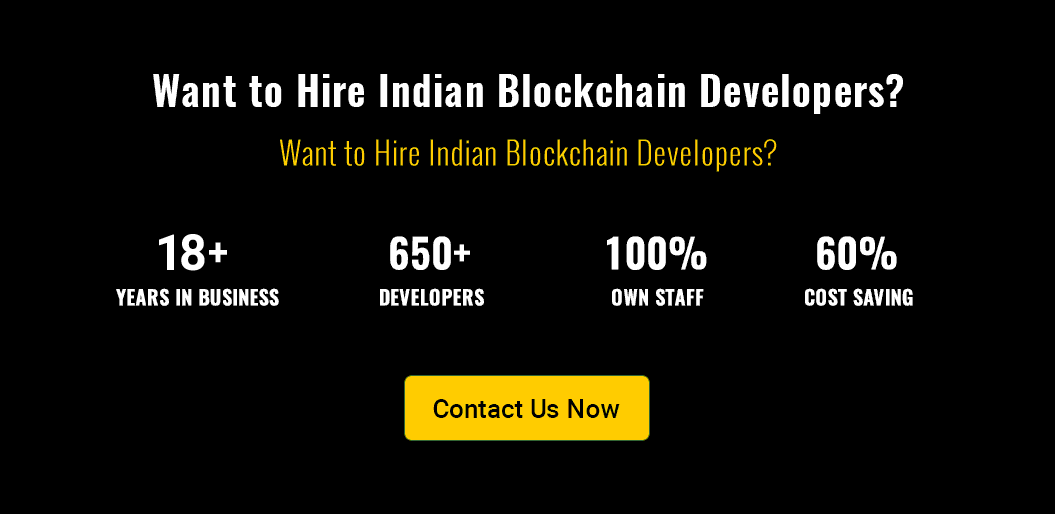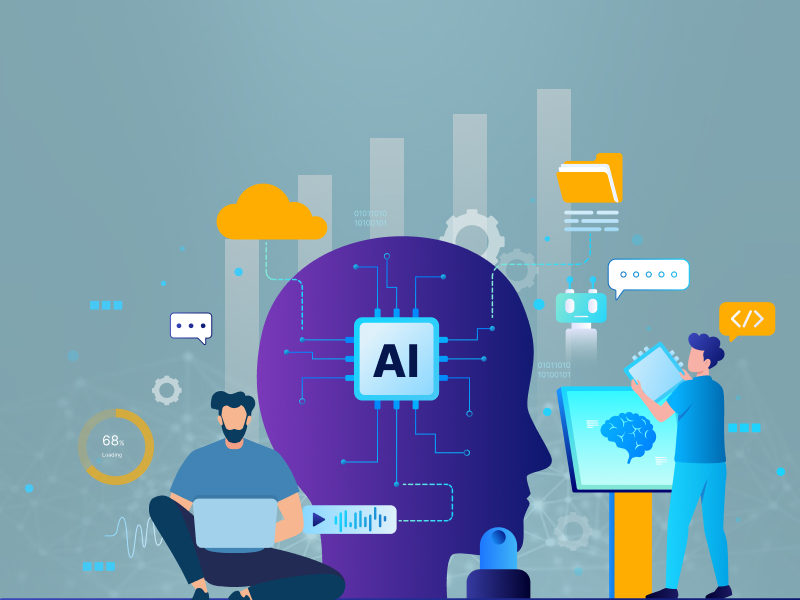The revolutionary potential of blockchain technology isn’t unraveled completely yet. Its usages are being discussed every day among businesses and startups, as its temptation is high. Despite a lot of controversy and debates, the implementation of blockchain is termed profiting across a lot of industries.
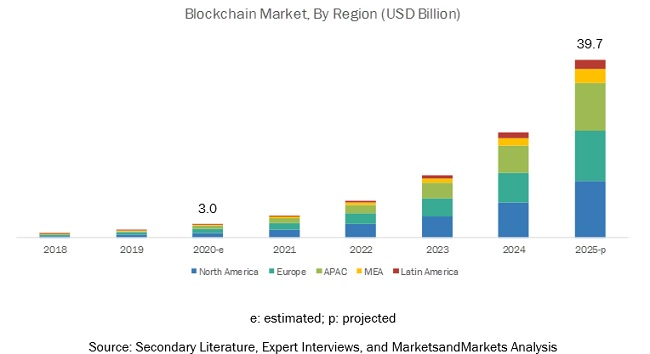
Clearly, the technology will thrive and stay in the software industry for decades. Have you heard about all the aspects of blockchain technology? If not, you have landed on the right space as here we are providing a detailed description that would give you every bit of information about blockchain technology.
Most common questions related to blockchain technology would be answered right here on this page. So, stay tuned till the end of this article.
Aspects Related To Blockchain You Shouldn’t Miss Out
The impact of blockchain technology on the market is huge. Besides, it is also transforming the social system around. It provides a critical feature, i.e., decentralization, which no other technology offers. The concept of decentralization is incredibly powerful and can impact a number of sectors and almost every vertical out there.
In short, nobody can deny the criticalness of blockchain in the current tech-driven era. So, no further due, let’s know about blockchain and related concepts.
What Is Blockchain Technology?
In simple terms, blockchain is a cryptography-enabled decentralized database system. However, it is more than that on a broad scale. Being a digital ledger, it allows users to store, receive and trace data in the complete absence of any central authority.
The name blockchain is synonymous to the architecture of the technology, as the blocks are connected in a chain using a cryptographic hash. In the blockchain, data can be anything, such as transactions, digital data & files.
Every block is encrypted and immutable in nature that protects the identity of the user. This simplest idea and hundreds of use cases have the potential to transform every vertical, including finance, transport, government, and more.
Get free consultation and let us know your project idea to turn it into an amazing digital product.
Cryptocurrency:
Cryptocurrency is the most sought-after digital currency concept that is designed and developed using blockchain technology. The users can store, buy and utilize this currency on a distributed network. The process of digital cash with no real-world existence in 2009.
Cryptocurrency can be used to trade money without any centralized authority due to the mechanism of anonymity blockchain offers. You must have heard of Bitcoin; it is the first-ever cryptocurrency developed with blockchain technology.
Moreover, the architecture makes transactions seamless, faster, and cheaper. Cryptocurrency is most sought after in blockchain development services, and investors are attracted to the revenue it generates.
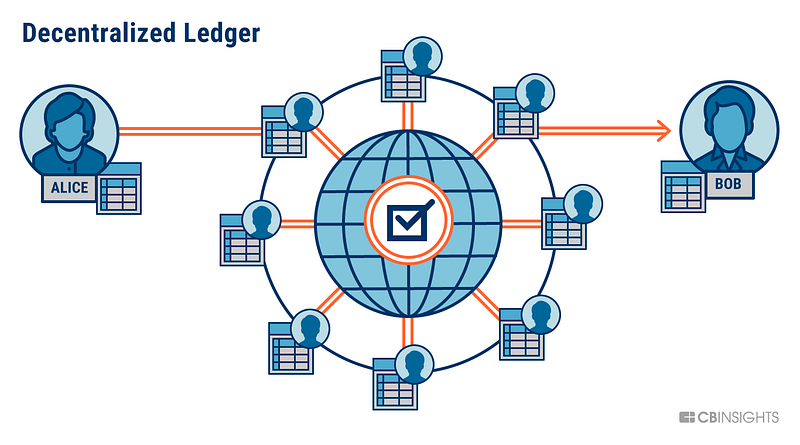
Bitcoin:
Bitcoin is the first cryptocurrency developed by implementing the mechanism of Blockchain technology. This currency came into existence with the release of Bitcoin Whitepaper in 2009. It was developed by Satoshi Nakamoto.
Right after its release, it gained huge popularity, and now it is the most expensive digital currency at present. The highest price has crossed the mark of $19K end. For some years, it has been hovering around $6K-$7K per bitcoin.
Bitcoin is created on a Proof-of-Work consensus algorithm and approves transactions by validating. Even with the great popularity of crypto coins, these digital currencies aren’t liked by banks as they provide independence of finance to people.
Ethereum:
Ethereum is blockchain technology that enables developers to create decentralized software solutions known as dApps. Moreover, the technical difference between Ethereum and Bitcoin is huge.
Using Ethereum, developers can develop new apps in its blockchain and leverage smart contracts and dApps. Besides, Automation is also a critical aspect of the Ethereum network. It solves a number of problems assimilated into the blockchain.
Vitalik Buterin created Ethereum that solves a lot of problems from a different perspective. Moreover, Ethereum is also based on the Proof-of-Work consensus algorithm. However, it is planning to move to PoS in the future. Ethereum is termed the second generation of blockchain, which simply means that it leverages smart contracts to automate a number of tasks.
Besides, developers can build decentralized apps that will help them solve a number of problems or facilitate a number of services over the Ethereum platform.
EOS:
EoS isn’t a popular term. However, it is a blockchain-based decentralized operating system designed to support, create, host decentralized automation applications and smart contracts. In addition, EOS nodes are bound in a constitution in blockchain to the rules and regulations delineated by the EOS community.
EOS was unraveled by Dan Larimer. It is being administered by block.one organization. Its founder has also created BitShare and Steem. It is basically a platform that you can leverage to create and deploy industrial-scale applications.
It works similar to Ethereum and has the critical motive to remove transaction fees and provide scalability to save time. Its another application is to create dApps and scale them without struggling to network bottleneck.
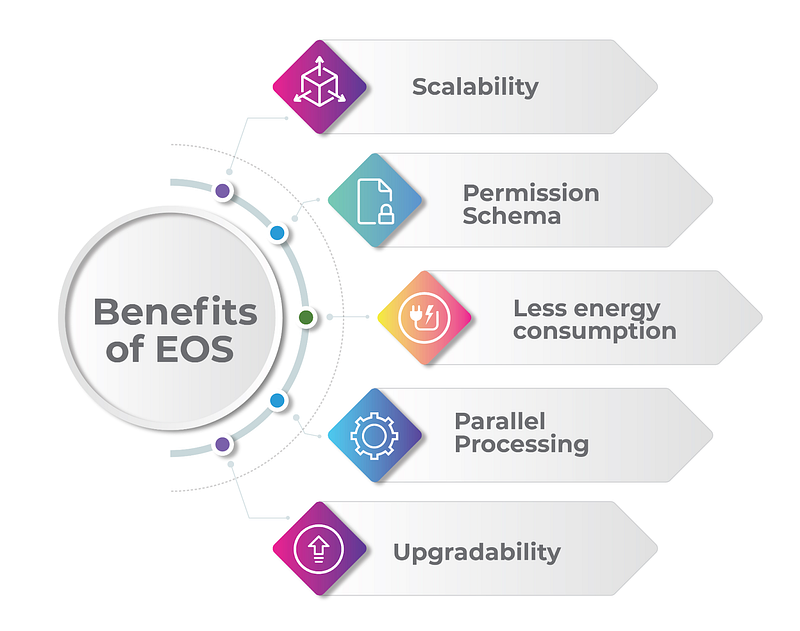
Moreover, EOS leverages a decentralized operating system that blockchain is scalable to ensure communication. Block.One is in charge of managing EOS development.
Hyperledger:
Hyperledger is an open-source solution based on blockchain technology that provides the development of an enterprise-grade distributed ledger blockchain framework. The idea behind developing this open-source collaboration is to increase the accessibility of blockchain and work with it more.
Actually, Blockchain technology is gaining more traction among startups and tech giants, and they are striving to implement it into the ecosystem to ensure that data in organizations is secure and seamless. Thus, the hyperledger is being greatly used and being leveraged in a lot of cryptocurrency and enterprise solutions.
Popular projects under HyperLedger are Indy, Burrow, Fabric, Sawtooth. Moreover, digital transformation is another critical landscape of Hyper Ledger Blockchain Development.
ICO:
An Initial Coin Offering is a digital concept of crowdfunding used to raise capital for new cryptocurrency ventures. In an Initial Coin Offering, some amount of the crowdfunded, including cryptocurrency, where crypto coins are preallocated to investors, named as “tokens.” In this system, tokens are exchanged for legal tender or other cryptocurrencies such as Bitcoin or Ethereum.
ICOs are typically used by startup companies looking to bypass the rigorous and regulated capital-raising process required by venture capitalists or banks. Initial Coin Offerings have been prone to scams, which are used for thieves to gain access to investors’ funds.

There are risks involved when dealing with Initial Coin Offering. This is an unregulated market of Initial Coin Offering where investors provide capital for startups with a high risk of failure. Initial Coin Offering can be used as a marketing tool for cryptocurrency projects to get their name out quickly and do so without the need for the traditional capital-raising process.
Security Token Offerings (STO):
Just like ICOs, STOs have their own mechanism. It solves the problem by providing financial security that allows the participant to take part in the activities of companies such as voting rights. Moreover, actual assets or the company are backed by STO and require careful planning.
Moreover, Polymath is another actual problem that makes the implementation of STOs essential. ST-20 standards are major tokens for distribution, creation, and storage. To launch an STO, you would have to Hire Blockchain Developers having incompetent expertise in blockchain security mechanisms and development.
Blockchain Digital Transformation:
Blockchain technology is becoming a major trend among industries that enables businesses to ensure faster processes and more security in data. That’s the reason businesses are eager to deploy this technology within their enterprise ecosystem as a decentralized solution.
That’s where the term digital transformation comes into the picture; it enables enterprises to transform the processes with blockchain decentralized ledger, smart cards, dApps, and more. Blockchain application development is the major process of this endeavor.
Get free consultation and let us know your project idea to turn it into an amazing digital product.
Smart Contracts:
Smart contracts are similar to legal contracts in a digital world that are written in code and signed by two parties. But! Here, parties can sign a contract to perform a task such as a transaction. Smart contracts can also be used to transfer assets and documents of properties and automate ownership.
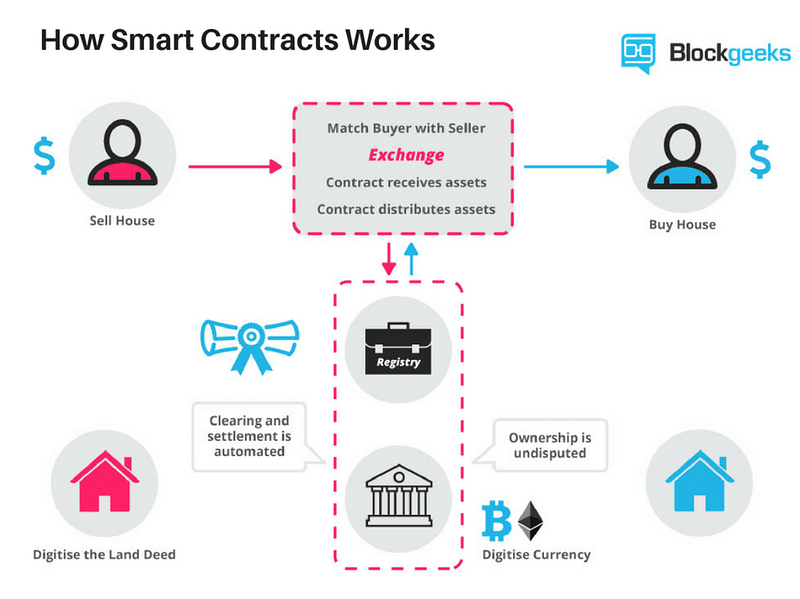
Moreover, copyrights and DAO (automate and organization) can also be performed using the smart contract. Smart contracts aren’t based on any centralized authority to verify the process. Hence, it is very advantageous. Besides, a contract can be held between two anonymous parties, where events are triggered, and codes can be executed.
DApp:
You might not have heard of dApps yet, but they already exist in the digital world. dApps means Decentralized applications are blockchain solutions that are created on the decentralized ledger and run on the blockchain network.
In dApps, developers can also implement smart contracts to make Blockchain Application Development more advanced. It provides dApp the potential to perform validations without human interference. Ethereum is the first blockchain-based dApp that allows developers to leverage smart contract consensus.
Another major aspect of dApp is that no centralized authority can control a dApp. The application can have its own cryptocurrency to perform activities.

DAO (Decentralized Autonomous Organization):
A decentralized autonomous organization defines a close-knit system within an enterprise that leverages smart contracts and other blockchain features. The system automates the organization and eradicates the need for hierarchical management related to it.
To develop such autonomy, the codes are pre-written for a variety of processes and functionalities that DAO offers. The consensus protocol is a critical catalyst within the system. Ethereum and EOS offer support to DAO and enable users to define the rules to create a decentralized autonomous organization.
What Else Must You Know?
Blockchain & IoT
The amalgamation of Blockchain & IoT is a major point of interest among experts and technology enthusiasts. The proponents of this theory believe that blockchain would include more security to data in IoT networks and make the IoT ecosystem more secure and seamless.
Besides, the integration of blockchain will provide inbuilt transparency and bring in more autonomy. The combination can be implemented across a number of industries that will generate new efficiencies, provide more flexibility, add security, and build more trust.
Related Blog: Cloud Computing vs. Blockchain Technology: Which Is Right For Your Business?
Get free consultation and let us know your project idea to turn it into an amazing digital product.
The Future Of Blockchain
Infancy is the current stage of blockchain technology; the best of it is yet to come. The required innovation and adoption are taking place slowly. Startups and enterprises are the path of blockchain activism to provide enterprise-grade cutting-edge solutions that will solve a variety of problems.
In the upcoming days, we will see the implementation of blockchain technology on a greater scale. Even the governments are showing keen interest in the development of blockchain solutions. Evidently, more cryptocurrencies will come into existence with decentralized wallets, ATMs, and improved financial systems.
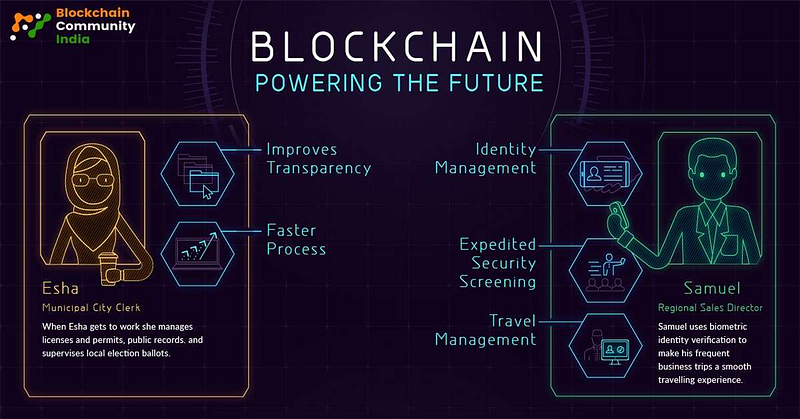
Besides, the usage of blockchain will flourish across industries like transportation, healthcare, food & agriculture, and more. The usage of this technology will soon become critical for data and information security.
Read More: Top Blockchain Development Companies to Improve Your Business Efficiency
Final Text
Blockchain technology is beyond cryptocurrency and digital ledger; it has incredible potential, which is yet to be discovered and implemented. Currently, a Blockchain Development Company can help you implement the concept of technology for your business, which can bring in a great reserve of revenue.
If you want to develop an ICO, digital ledger system, dApps, currency exchange, reach out to expert blockchain developers that can guide you throughout the course. As blockchain looks fascinating, but it is complicated to implement and bring in digital form.
So, take slow steps in your blockchain application development, and learn every aspect of this technology in detail to avoid mistakes.

